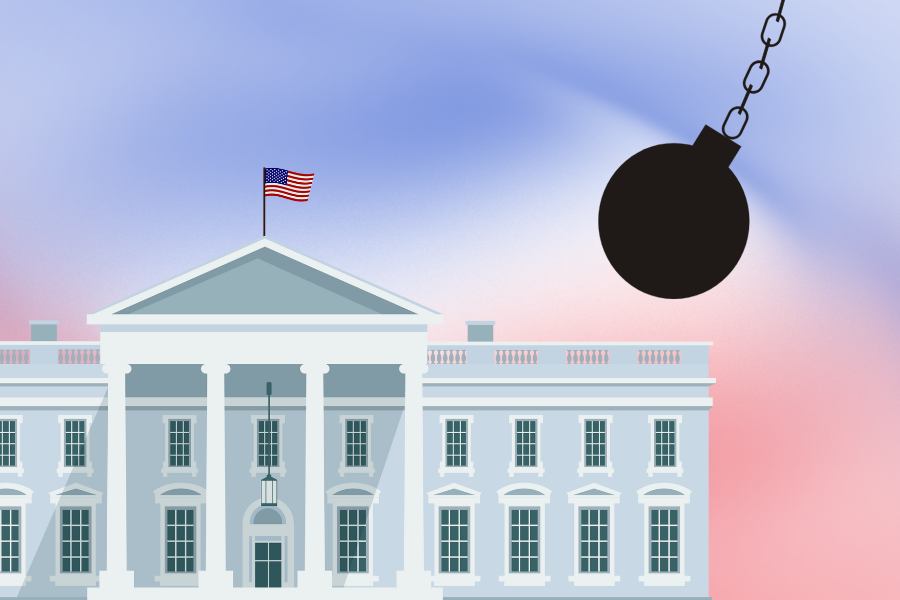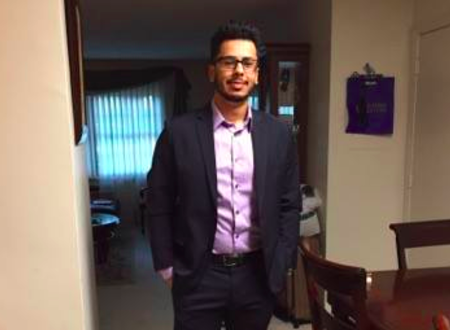Regardless of what identity you hold, you should be talking politics. Men should be listening to women about reproductive justice. White people should be listening to black and brown people about gun violence.
Cisgender people should be listening to transgender and genderqueer individuals about their rights. It sounds corny but we really are in this together and we need to start listening to each other’s problems and supporting one another.
These conversations are important because of the risks of not having them.
It is important for people who are most benefited by politics to engage in conversations not only with one another, but with those who are most incapacitated by them. They need to understand how policies take shape and how they affect other people in ways that don’t affect them.
The co-President of the Women’s March Tamika Mallory came by Suffolk University, thanks to Black Student Union and the Center for Student Diversity and Inclusion, and her words has inspired this new way of understanding politics. I have been exposed before, to the idea that politics are something to be considered seriously, as a way of understanding human rights. It wasn’t until Mallory’s wise words that I was able to fully comprehend the gravity of such a concept.
People of color, queers, disabled, etc. do not have the privilege to opt out of the political conversation; their lives depend on it.
Trump is president of the United States for many reasons, but a vital reason to understand is that he is president because many people, who had the least to lose, were too uncomfortable to tell the people close to them that they were wrong. That is a privilege that the marginalized cannot afford. Those on Deferred Action for Childhood Arrivals (DACA), Temporary Protected Status (TPS) cannot afford to stay silent on politics. Those targeted by the “Muslim Ban” could not stay silent on politics. Those who aren’t targeted by this monster known as 35 should not stay silent on politics. No one should have the right to ignore politics, as politics affect every aspect of our day-to-day lives.
Without it, we would not have any language to communicate how our rights should be upheld. It’s the reason we have rights, and it’s the reason we’re able to fight for more rights.








